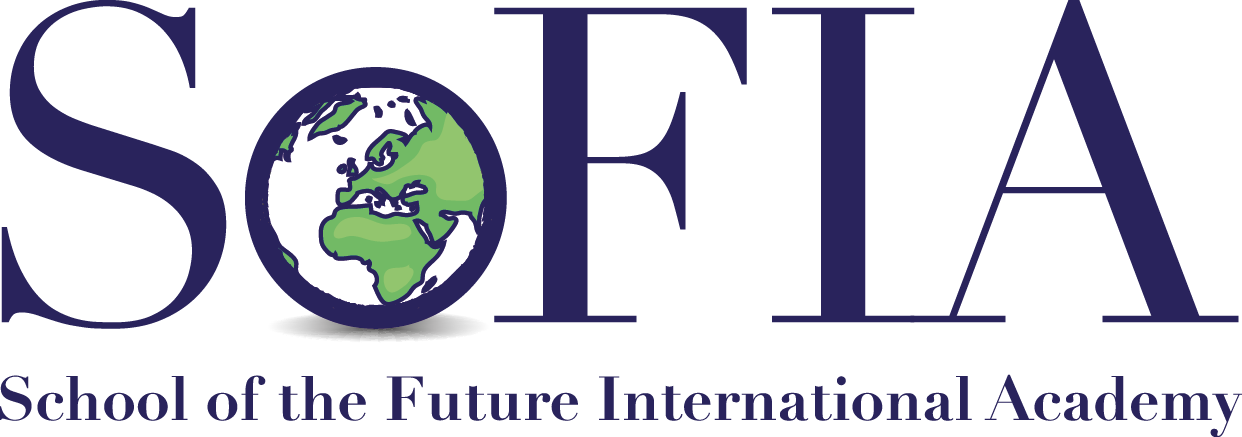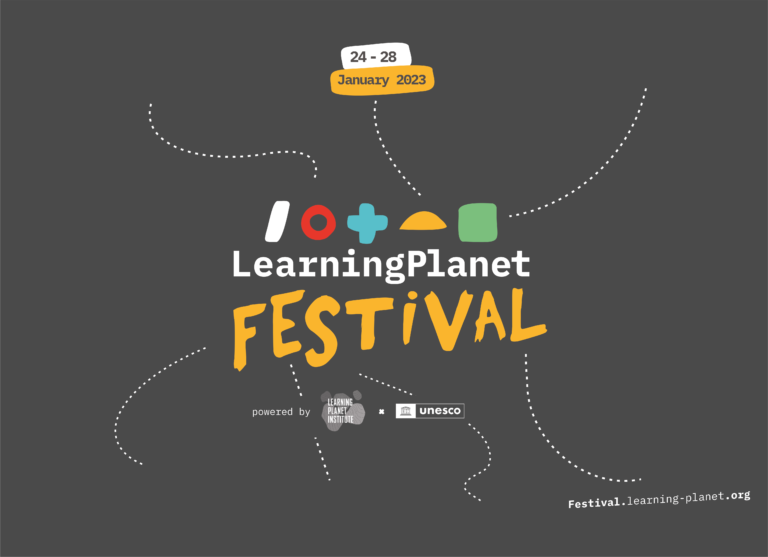
During the initial phase of the implementation of Output 1 – Development of a competence framework to facilitate a swift to a distance/hybrid learning model, partners analysed the following 6 competence frameworks:
- DigiComp2.1
- UNESCO: Digital Literacy Global Framework Competences
- Microsoft’s 21st century learning skills
- DigiCompEdu
- DQ Competence Framework
- 21st P Information Media and Technology skills
The competence frameworks that were chosen either relate to the digital skills of teachers in specific, or to the skills of a 21st century digitally competent citizen. The frameworks were analysed in three levels (competence areas, competences, skills) following the 3-level approach adapted by DigiComp2.1, one of the analysed frameworks that was the basis for the development of 2 other frameworks (UNESCO’s and DigiCompEdu) and was applicable to rest of them.
The competence areas and the competences identified in the explored frameworks are listed below:
COMMUNICATION
- Interacting through digital technologies
- Sharing through digital technologies
- Engaging in citizenship through digital technologies
- Collaborating through digital technologies
- Netiquette
- Digital Footprint Management
- Online Communication and Collaboration
- Public and Mass Communication
- Extended Communication
- Multi-modal Communication
- Supporting Evidence
- Design for a particular audience
INFORMATION
- Browsing, searching, filtering data, information and digital content
- Evaluating data, information and digital content
- Managing data, information and digital content
- Access and Evaluate Information
- Use and Manage Information
- Use of ICT
- Use of ICT for knowledge construction
- Design of ICT products
DIGITAL USE
- Physical operations of digital devices
- Software operations in digital devices
- Selecting
- Creating and Modifying
- Managing, Protecting, Sharing
- Balanced Use of Technology
- Healthy Use of Technology
- Civic Use of Technology
- Apply Technology Effectively
SAFETY
- Protecting devices
- Protecting personal data and privacy
- Protecting health and well-being
- Protecting the environment
- Behavioral Cyber-Risk Management
- Content Cyber-Risk Management
- Commercial and Community Cyber-Risk Management
- Personal Cyber Security Management
- Network Security Management
- Organizational Cyber Security Management
COLLABORATION
- Interacting through digital technologies
- Sharing through digital technologies
- Engaging in citizenship through digital technologies
- Collaborating through digital technologies
- Netiquette
- Working Together
- Shared responsibility
- Substantive decisions
- Interdependent work
PROBLEM SOLVING
- Solving technical problems
- Identifying needs and technological responses
- Creatively using digital technologies
- Identifying digital competence gaps
- Problem Solving
- Real-World Problem
- Innovation
DIGITAL LITERACY
- Information and Media Literacy
- Communication
- Content Creation
- Responsible Use
- Media and Information Literacy
- Content Creation and Computational Literacy
- Data and AI Literacy
- Analyze Media
- Create Media Products
CAREER
- Operating specialised digital technologies for a particular field
- Interpreting and manipulating data, information and digital content for a particular field
- Flexibility and adaptability
- Initiative and self-direction
- Social & cross-cultural interaction
- Productivity and accountability
- Leadership and responsibility
DIGITAL CONTENT
- Developing digital content
- Integrating and re-elaborating digital content
- Developing digital content
- Integrating and re-elaborating digital content
INNOVATION
- Critical thinking and problem solving
- Creativity and innovation
- Communication
- Collaboration
KNOWLEDGE CONSTRUCTION
- Construction of knowledge
- Application of knowledge
SELF-REGULATED LEARNING
- Planning own work
- Revise Work Based on Feedback
ASSESSMENT
- Assessment Strategies
- Analysing evidence
- Feedback and Planning
EMPOWERING LEARNERS
- Accessibility and Inclusion
- Differentiation and Personalisation
- Actively Engaging Learners
DIGITAL EMOTIONAL INTELLIGENCE
- Digital Empathy
- Self-Awareness and Management
- Relationship Management
DIGITAL IDENTITY
- Digital Citizen Identity
- Digital Co-Creator
- Digital Changemaker Identity
DIGITAL RIGHTS
- Privacy Management
- Intellectual Property Rights Management
PROFESSIONAL ENGAGEMENT
- Ogranisational Communication
- Professional Collaboration
- Reflective Practice
- Digital CPD
TEACHING AND LEARNING
- Teaching
- Guidance
- Collaborative Learning
- Self-regulated Learning
The above framework analysis results, along with suggestions to visual represent the analysis will be discussed during the Focus Groups of experts, organised in 6 countries, to gather valuable feedback before developing and presenting the ETRe project Competence Framework for teachers.
SOURCES:
Carretero, S. Vuorikari, R. and Punie, Y. (2017). DigComp 2.1: The Digital Competence Framework for Citizens with eight proficiency levels and examples of use, EUR 28558 EN, doi:10.2760/38842
Law N. Woo D. De La Torre J. and Wong G. (2018). A Global Framework of References on Digital Literacy Skills for Indicator 4.4.2, Unesco Institute of Statistics
Microsoft. (2014). Microsoft Digital Literacy (ver.4) Instructor’s manual, Microsoft Corporation
Punie, Y. Redecker, C. (2017). European Framework for the Digital Competence of Educators: DigCompEdu, EUR 28775 EN, Publications Office of the European Union, ISBN: 978-92-79-73494-6
DQ Digital Intelligence. (2019). DQ Global Standards Report 2019 Common Framework for Digital Literacy, Skills and Readiness, DQ Institute Partnership for 21st Century Skills. (2009). P21 Framework Definitions, Partnership for 21st Century Skills
Additional Output 1 info and Output 1 Progress.
Follow the project’s progress through the ETRe Project FB page.
More information at the project’s website: http://etre-project.eu/



